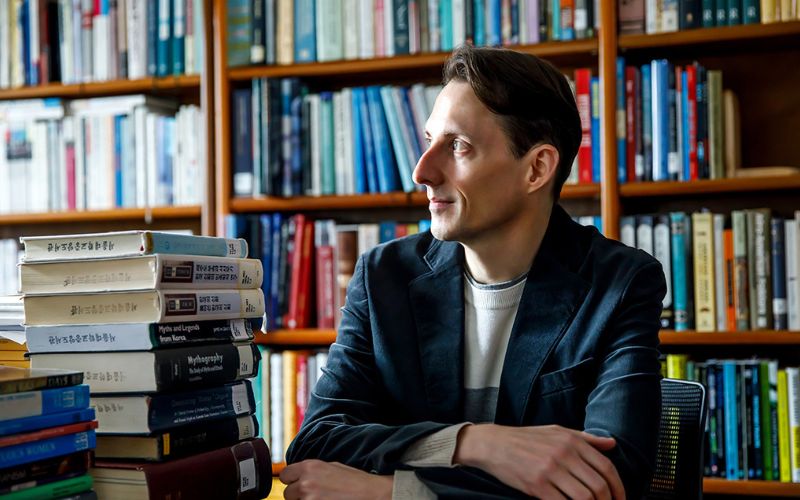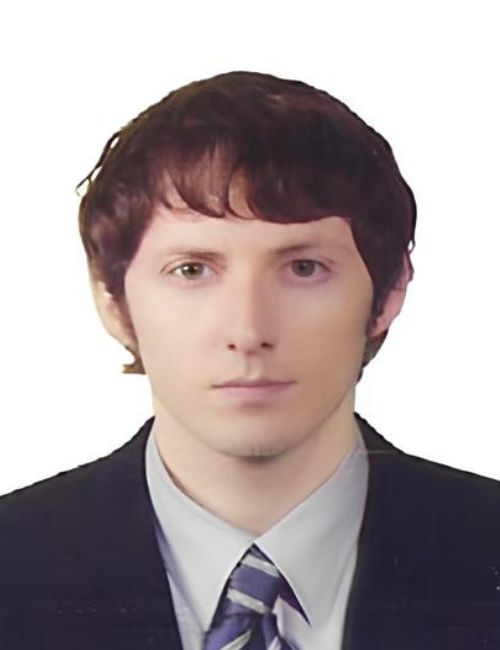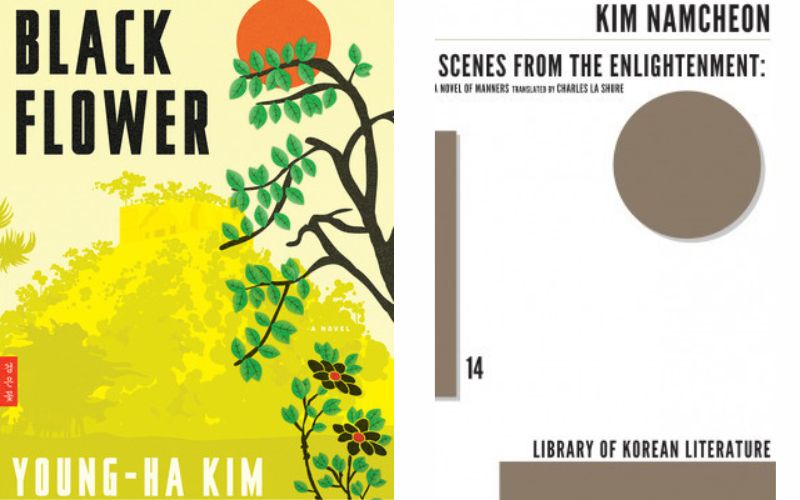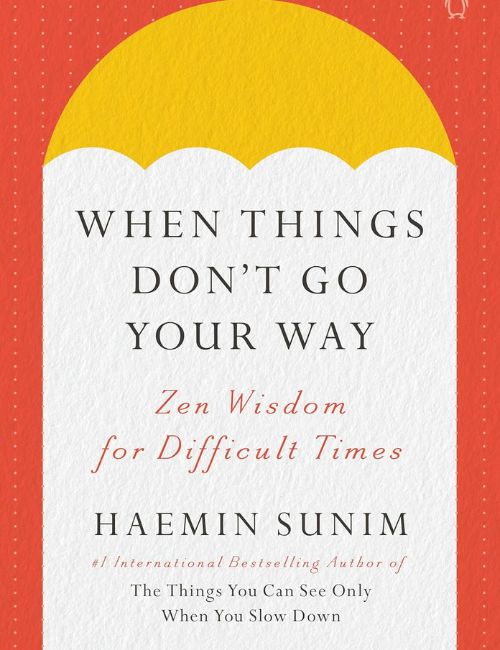[Translated][INTERVIEW] Korean Literature Through Western Eyes: The Journey of Professor Charles La Shure as a Translator and Academic
2025-08-27
Korean literature is a vast and largely unexplored world, and it is important to celebrate those who have sincerely delved into it and introduced it to the world. This article features an interview with Professor Charles La Shure, one of the most prominent Western scholars in the field of Korean literature, and one of the first foreigners to specialize in Korean folklore.
Professor La Shure moved to Korea in the mid-1990s, where he earned his master’s and doctoral degrees in Korean folklore. He is currently a professor at Seoul National University, and he translates Korean works into English.
His notable works include comparative literary research and translations such as Black Flower by Kim Young-ha, History of Korean Literature by Cho Dong-il, and When Things Don't Go Your Way by Haemin Sunim.
This interview was conducted via email between August 19 and August 25. The following are excerpts from it.
Could you tell us more about your academic journey? What first drew you to Korea and its culture? And what motivated you to pursue a PhD in Korean literature, especially the classics and folklore?
I was drawn to Korea by happenstance, you might say. I actually knew very little about Korea before I came here—this was before the Korean Wave, mind you. I was much more familiar with China and Japan (I had studied the language and history of the latter as an undergrad). But once I arrived in Korea, I quickly became intrigued by its long history and deep culture
People often express surprise when they hear I majored in classical literature, but to me, it was an obvious choice. As an undergrad English major, I much preferred classical English literature, from Beowulf to Shakespeare, so it seemed only natural to study classical Korean literature as well. To be honest, had I known how difficult it would be, I might have had second thoughts, but I’m glad I didn’t.
As for folklore, that was another happy accident. I was not familiar with folklore as an academic discipline before coming to Korea, but when it came time to choose my major, they gave me a choice of classical novels, classical poetry, hanmun literature (that is, literature in classical Chinese), and oral literature. I asked what oral literature was, and I was told that it involved myths and stories and art forms like pansori or puppet plays. It sounded fascinating, so I chose that.
When I look back on my life, I see that where I am now all comes from a few random decisions I made when I was a clueless young man. Score one for the fearlessness of the young, I guess.

How did your early years in Korea shape your perspective on literature and culture, both as a scholar and as a translator?
Well, I came to Korea in the mid-90s, which was (as I mentioned earlier) before the Korean Wave. Korea wasn’t yet cool at that time. It was a place that most people in the West didn’t really know much about. So, I think a lot of my early motivation came from wanting to introduce Korean culture and literature to the rest of the world, particularly the English-speaking world. As a result, I think I was interested in what made Korea and Korean literature unique. That’s why both my MA thesis and PhD dissertations were comparative studies.
(Don’t ask me to tell you what makes Korean literature unique, though! People ask me this often, but it’s a question that’s impossible to answer in brief. The answer is very complicated and multi-layered—it requires a book I will probably have to write someday.
You are both a professor and a translator. How do you balance your teaching and research with your literary translation projects? And how different are the challenges you face in both fields?
Well, the answer to how I balance academics and translation is pretty simple: I don’t, at least not very well. We often think of people engaged in multiple pursuits, like those circus performers who balance spinning plates on top of poles. The really skilled performers add more and more plates until they’ve got a dozen or so spinning at once. I’m not like that. My attention is more like a see-saw: when one side goes up, the other goes down. So, the truth is that translation has taken something of a back seat to academics these days. Not that I never translate, but it is really more of a luxury for me. Maybe I need to learn how to spin plates.
As for the challenges in each field, research and translation are somewhat similar in that they are often solitary endeavors. Where they differ is in the type of texts you are producing. Translation is bound to the source text (how bound it is will depend on your understanding of translation, but that’s too complex a matter to get into here), and even if it is a creative product, it is not an entirely original product. Research, on the other hand, is (or should be!) original. Of course, academics also include teaching, which is something very, very different from translation. I guess the challenges relate to the nature of each endeavor: Translation and research require the ability to self-motivate, while teaching… well, teaching requires a lot of things and is very challenging. But I find it rewarding.
From your first published translation to your more recent works, do you feel your “voice” as a translator has changed? How different is your approach when translating fiction, Black Flower, compared to historical novels, Scenes from the Enlightenment, or philosophical writing, When Things Don’t Go Your Way?
Honestly, no, I don’t really feel that my voice as a translator has changed. Ideally, I wouldn’t have a voice of my own—I want to reflect the voice of the original author. Not every translator feels this way, and some translators do have distinct voices and styles, where you can tell just by looking at a text who the translator is. I try not to translate that way, but I don’t know if I’m successful.
I do take different approaches to different types of texts, though. I’m not sure I fully buy into Skopos theory (the idea that the purpose of the target text should take precedence over all other concerns, such as the function of the original text), but I do believe you have to think about your audience—and the audience for a book like Black Flower is probably going to be different from the audience for a book on Zen wisdom. I would say that is primarily how I determine my strategies and approaches.


Do you believe a translation can truly capture the essence of the original? How do you personally research cultural context when working on a new project?
The first question gets at the heart of what translation is and what it can (and can’t) do. But it’s not as simple a question as it first seems. What exactly is the “essence” of a text? Where is it located? Is that essence the same for every reader? If you dig deeper into the question, it becomes clear that no reading—let alone a translation—can ever fully capture whatever the “essence” of a text might be, because it is never just one thing. To be slightly less philosophical, though, a translation is a window onto a text, but it is not the text itself. If you really want to experience everything a text has to offer, you have to learn the original language to the point that you can fully appreciate said text. This is the curse of the translator fluent in the source language: You’re never fully satisfied with a translation, no matter how hard you work at it, because it is never going to be the original.
Researching cultural context is not that difficult for me—it’s basically what I do as an academic anyway, and I apply the same strategies I do when conducting academic research. For a contemporary work, most of the cultural context is going to be fairly obvious, since I’ve now spent most of my life in Korea. For historical works, that’s when I enter academic mode. I actually like doing research, so I probably do more research than I strictly need to. It’s something of a problem I have.
You’ve been living in Korea for many years. What methods were most useful in mastering Korean to the level of academic research and literary translation? What hardships did you face at the beginning in Korea, and how did you overcome them?
That’s another question I get asked a lot—how did I learn Korean? It’s a cliché to say that there is no royal road to learning a language, but it is true. I don’t know if it’s so much a matter of method as it is attitude. I did take intensive language classes early on in university language centers, but I think it was more how I approached Korean outside of the classroom setting that mattered. Early on, I actually tried not to spend too much time around other foreigners, lest I be tempted to just fall back into English all the time. Oh, I also married a Korean—maybe I should have led with that. But that in and of itself doesn’t guarantee language proficiency. I had foreign friends who married Koreans, and they never got past beginner-level Korean. A few months after I got married, though, I said to my wife, “From now on, we’re going to speak Korean.” And she was happy about that because she was tired of having to speak English all the time. I stuck to it, too, even when I wanted to say something I could only formulate in English. I’m pretty stubborn when it comes to things like that. Anyway, that sort of do-or-die attitude toward learning Korean helped me get to where I am today. But I’m still a learner—I think I’ll be learning forever.
Whatever hardships I faced in my early years in Korea were a combination of settling in an entirely different culture than the one I grew up in and the typical issues that any young man trying to find his place in the world would face. I felt a lot of isolation and loneliness, probably in large part because of the cultural issues; I didn’t feel like I understood the people around me, or that they understood me. That was why I decided to start learning Korean—I knew that I needed the speak the language if I wanted to have real relationships with people. Beyond that, it was just a matter of slowly adjusting and figuring out where I fit in. Realizing that I was always going to be different—and that this wasn’t necessarily a bad thing—helped.
Among your translations, which one do you feel represents you the most as a translator, and why?
I don’t think I have an answer for this question. I am not just one thing as a translator; each translation represents a different part of me, but that doesn’t mean that one is more representative than any other.
In what ways has your translation work deepened your own connection to Korean culture? And, in your opinion, what is the role of translation in connecting the different cultures?
The thing about being a translator is that you kind of have to be a walking encyclopedia. You need to know far more than what is just explicitly printed on the page to translate that text. So, just by translating, you inevitably become more and more connected to the culture, probably more so than just by living in that culture alone.
The second question is a lot more complicated than it might at first seem. I think the answer depends on what you think the role of translation is, and to be honest, my thoughts on this are constantly in flux. If, for example, you are more of a domesticating translator (by which I mean you translate a text so that it is easier for the target-language reader to understand and relate to), then your translations will help foster the idea that deep down inside we all share a lot in common, and that our differences are not as important as what brings us together. On the other hand, if you are more of a foreignizing translator (meaning you deliberately make a text feel foreign so that the target-language reader must work hard to arrive at an understanding of the text), your translations will show people that, actually, while we are all human, our differences are important and should not be ignored or covered up by the dominant culture. There are positives and negatives to both sides of this spectrum; ideally, I would want a translation to instill in people the positive perceptions from both sides. I don’t know how realistic that is, though.
What are your upcoming academic and translation projects?
I once read somewhere that it’s not a good idea to talk about projects you’re working on because it makes it less likely that you will finish those projects. It has something to do with the fact that you feel a sense of satisfaction when you talk about a project, almost as if you had actually completed it, and that this somehow robs you of motivation. I don’t know if I really believe that, but given how much difficulty I’ve had finishing some of my bigger projects, I’m willing to try anything. I will say that I have a lot of kettles boiling academically, but I am not currently working on any translations. I would like to do some more translation, of course, but as I mentioned earlier, my academic responsibilities are taking up most of my time at the moment.
Professor Charles La Shure's academic and literary career has proven that literature is the best way to understand and delve deeper into a country's culture. He has also demonstrated to us that diversity is natural, and we must accept our differences and recognize the similarities that unite us as human beings, regardless of our nationalities and cultures.
Keywords:
Charles La Shure, Seoul National University, Comparative Literature, When Things Don't Go Your Way, Korea.net, Republic of Korea
How about this article?
- Like0
- Support0
- Amazing0
- Sad0
- Curious0
- Insightful0


